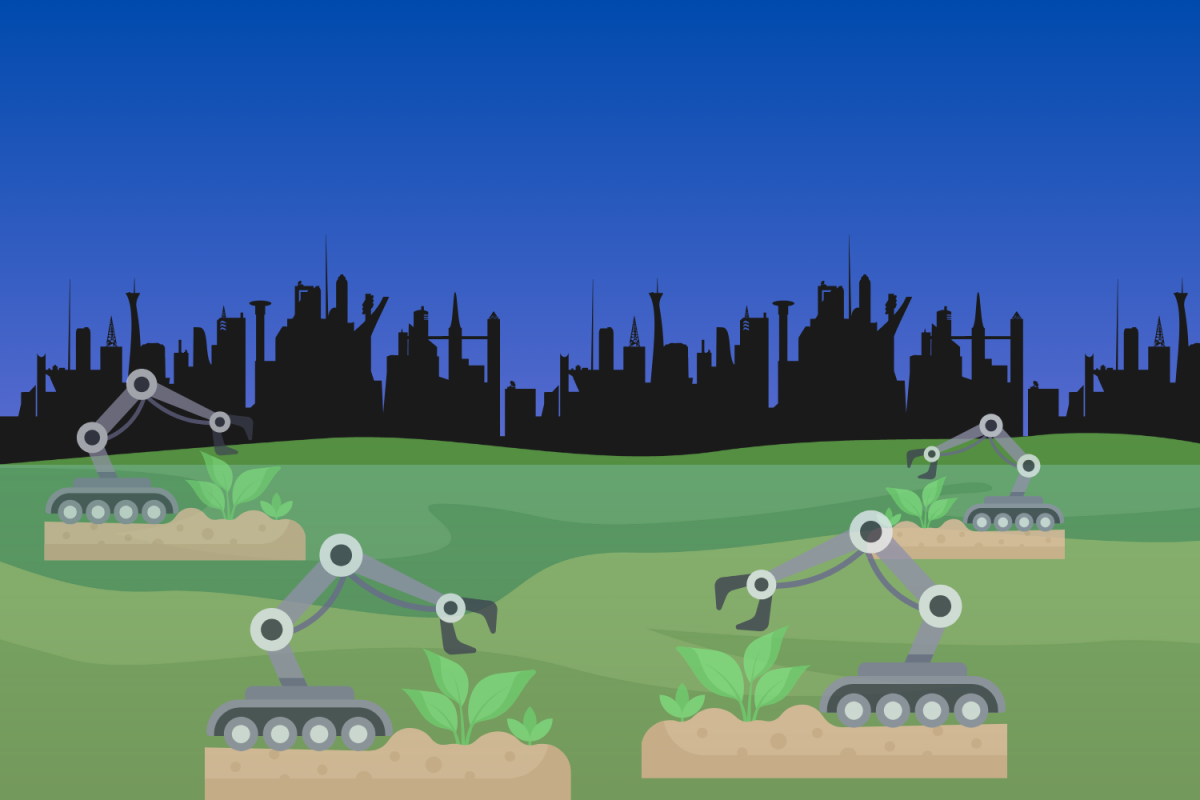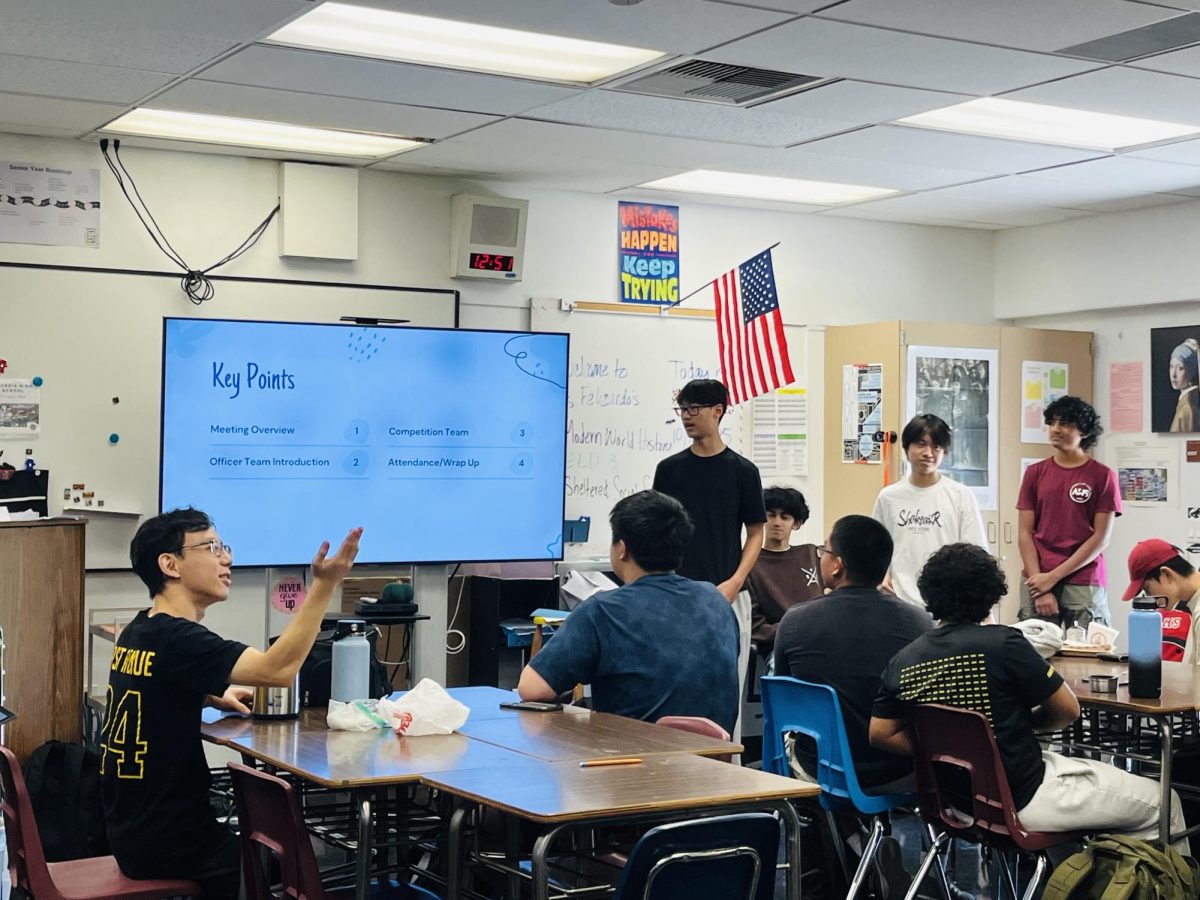Urban farming is the process of cultivating food in urban areas, where traditional farming practices are often impractical due to limited space and pollution. This method utilizes available spaces like rooftops, vacant lots, and balconies. Urban farming contributes to sustainability by reducing our carbon footprint associated with transportation of produce.
“I think urban farming is a great way to produce your goods and also gives me satisfaction and peace when I look at my little garden,” said retired nurse Judy Nowak, an Arcadia citizen. “Urban gardening allows me to grow my vegetables and fruits right at home.”
As our population grows, and many people move to cities, urban gardening offers a way to grow healthy food that is less dependent on external supply chains. This method of gardening is especially impactful in desert regions, where access to fresh produce is limited. In regions such as North Africa, the American Southwest (Sonoran and Chihuahuan), the southern Andes (Patagonia), and Western Australia (Great Victoria), urban gardening can be very impactful.
“I practice urban agriculture with my mini garden on my balcony, I grow tomatoes and peppers.” said senior Lotus Cheng. “Even with little space, urban gardening allows me to grow more plants without requiring large spaces.”
Advancements in technology have made urban farming more efficient, with the use of small spaces, such as hydroponics, and vertical gardening. These are techniques used to grow plants using water-based nutrient solutions and grow crops in vertically and horizontally stacked layers. These methods allow for farming in a controlled environment, reducing the use of large amounts of land, while also minimizing the usage of pesticides and water.
“On the weekends, I help my mom with planting around our small garden in our backyard. Last week, my mom and I harvested sweet potatoes from our garden, and they tasted amazing,” said senior Amber Juarez. “It felt amazing to see the hard work pay off, and so rewarding to know that I grew something from scratch.”
Moreover, urban farming also helps our economy grow, as it creates new business opportunities, from small to large-scale farms. It can also lead to new jobs such as Culinary Instructor, Garden Manager, etc. Especially in areas such as agriculture, food production, and education. Many cities and governments have introduced policies that aim to support urban farming, such as grants, like urban agriculture grants, tax incentives, and initiatives like food policy councils, helping create a favorable environment for urban farmers.
Additionally, urban agriculture can transform our living spaces into vibrant, green gardens. Gardens, whether on balconies, rooftops, or vacant lots, contribute to beautifying and creating a peaceful environment.
“I have a little garden in my backyard, a place where I go when I need relaxation. Gardening is one of my favorite hobbies, and through this, I can put what I learned in AP Environmental Science (APES) into real life,” said senior Sergio Alcazar.
For many, gardening is a deeply personal and creative activity. This provides the opportunity for people to enjoy experimenting with different plant types, decorating their gardens, and finding joy in the process of nurturing their plants. Urban gardening allows individuals to take control of their food sources, and engage in activities that promote both the personal and collective well-being of the community.







